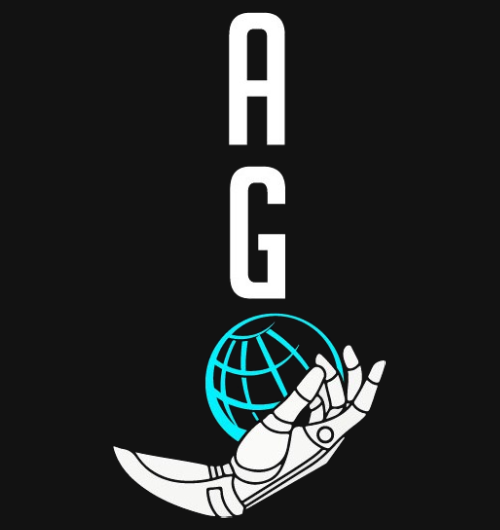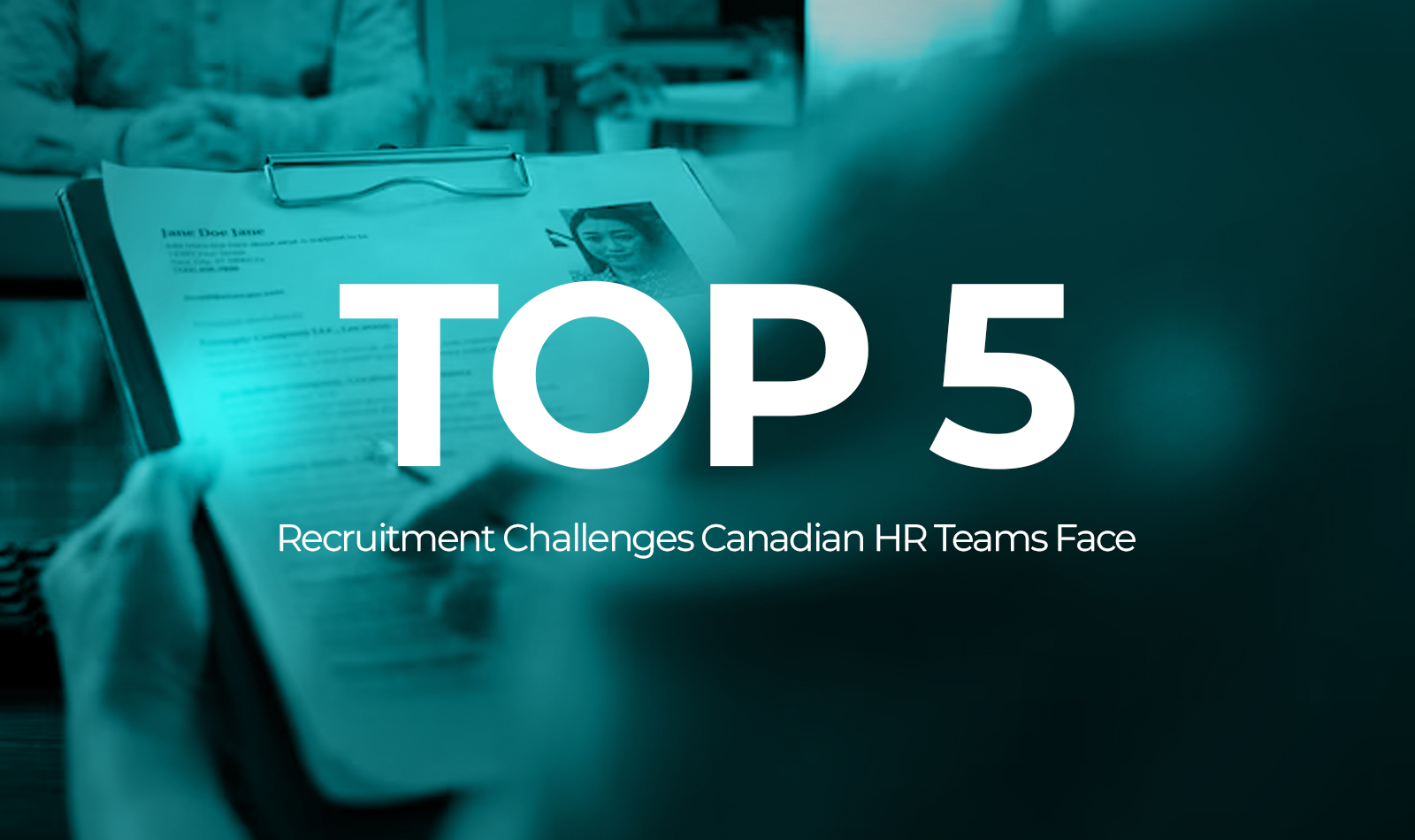Hiring is more than posting a job ad. For Canadian HR teams, recruitment challenges mean navigating skills gaps, rising costs, and shifting candidate expectations.
Here’s a clear look at the 5 biggest hiring hurdles and how smart recruitment strategies, including outsourced support, help you win.
1. Skills Shortages and Mismatched Expectations:
Many hiring problems in the Canadian market stem from candidates lacking the right skills or expecting more than the role offers.
A recent CFIB report shows 69% of small businesses struggle to find qualified candidates. And half report a mismatch between what candidates expect and what the job needs
That disconnect zaps morale, delays hiring, and leads to bad fits.
Increased Competition and Rising Payroll Costs:
Talent competition is threatening. A Robert Half survey found 92% of Canadian managers expect it to stay competitive through 2025.
The Canadian HR trends show rising labor costs, benefits pressure, and flexible work demands, all squeezing budgets.
The result? Teams often wait too long to hire, or they stretch too much on salary, harming retention.
High Turnover and Retention Issues
One of the toughest staffing issues Canadian companies face is keeping new hires.
An Angus Reid poll showed 45% of employees leave within their first year due to bad onboarding or unmet expectations.
Employee replacement costs up to 200% of their salary, draining their motivation and their finances.
Outdated Hiring Methods
Many HR teams rely too much on traditional hiring resumes, degree requirements, and gut instincts. But hiring is changing fast.
Indeed, data indicates 75% of Canadian workers seek roles matching their values and flexibility, not just pay. Companies that don’t adapt risk missing top talent. Skills-first hiring and digital assessment tools help, but many firms haven’t adopted these trends yet.
Navigating AI, Regulation, and Equity
AI tools promise faster staffing but bring risk. In Canada, using AI hiring tools now requires bias audits and transparency.
At the same time, federal rules require fair treatment under the Employment Equity Act.
This leaves HR teams juggling new tech, compliance, and bias, all while still trying to fill roles with quality candidates.
How Talent Acquisition Canada Should Respond:
Understanding these problems is step one. Here’s how HR teams can respond:
- Shift to skills-based hiring: Focus on relevant experience and learning ability, not just degree
- Benchmark compensation: Adjust pay and benefits to stay competitive, especially for in-demand roles.
- Invest in retention: Offer training, recognition, flexible hours, and career growth opportunities.
- Adopt AI thoughtfully: Use screening tools to reduce bias, but audit reports regularly and keep a human review.
- Explore recruitment solutions and outsourcing: External partners can manage compliance, scour talent pools, and speed up hiring.
- Focus on employee experience: Clean onboarding, regular check-ins, and recognition matter, even before day one.
How AGOINTL T.A.L.E.N.T Helps
At Alikhan Global Outsourcing T.A.L.E.N.T, we deliver recruitment solutions built for Canadian HR teams facing these challenges:
✅We maintain a network of pre-screened, skilled candidates across sectors.
✅We use skills-first methods to match applicants to your needs, not just job titles.
✅We ensure hiring practices respect Employment Equity standards and AI regulations.
✅We handle initial assessments, interviews, and compliance checks, so you get solid candidates without excess admin.
✅We support onboarding and first-year retention strategies to reduce turnover.
Your HR team receives targeted recruitment support without having to build in-house systems from scratch.
Final Thoughts: Be Proactive, Not Reactive
Recruitment challenges will continue. But Canadian HR teams that respond early, by closing skills gaps, adjusting hiring methods, and leaning on recruitment solutions
Recruitment is a strategic game. By focusing on skills, fairness, and candidate experience, and by leaning on experienced partners, you turn hiring from a challenge into a strength.
FAQs: Recruitment Challenges in Canada
Why is finding qualified candidates so hard in Canada?
Many industries in Canada face a skills shortage. Roles in tech, healthcare, trades, and finance often require specific experience that many job seekers don’t have. At the same time, job seekers expect flexibility, career development, and competitive pay, making it harder for employers to meet expectations on both sides.
How do Canadian HR teams deal with high turnover?
High turnover is a growing issue. Canadian companies are addressing this by improving onboarding, offering better feedback systems, and building workplace cultures that support well-being. Some also partner with recruitment firms that help match not just skills, but values and personality, to increase long-term fit.
What are the main HR challenges when hiring remotely?
Remote hiring brings both benefits and issues. It widens the talent pool, but it also raises concerns around communication, trust, and productivity. HR teams need to adjust by using better digital hiring tools and setting clear remote work policies. Compliance across provinces is also a key factor.
How is recruitment in Canada changing in 2025?
Canadian HR trends in 2025 show a shift toward skill-based hiring, DEI (diversity, equity, inclusion) compliance, and hybrid work models. More companies are using AI in the screening process, but they’re also expected to ensure fairness and legal alignment with Canadian hiring laws.
How can small businesses compete with larger companies for talent?
Small businesses can stand out by offering flexible hours, remote options, personalized growth opportunities, and a more human workplace culture. You don’t have to match big-company salaries, but you can appeal to what people really value: respect, balance, and purpose in their work.

